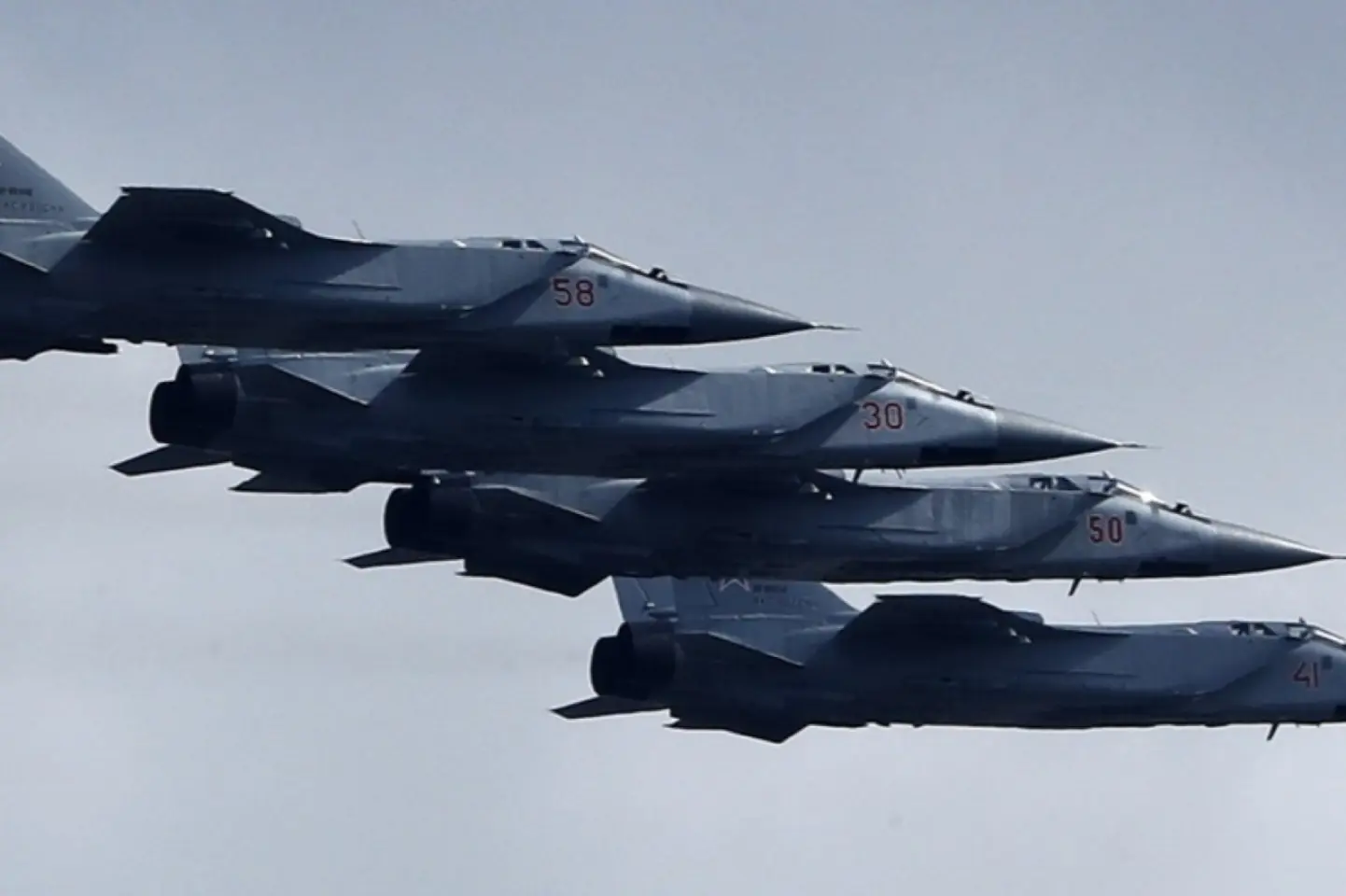
Expert: “I slept through the news about Russian MiG-31s flying over Estonian territory. That says something. If you had other things to do, it means this incident wasn’t that important”
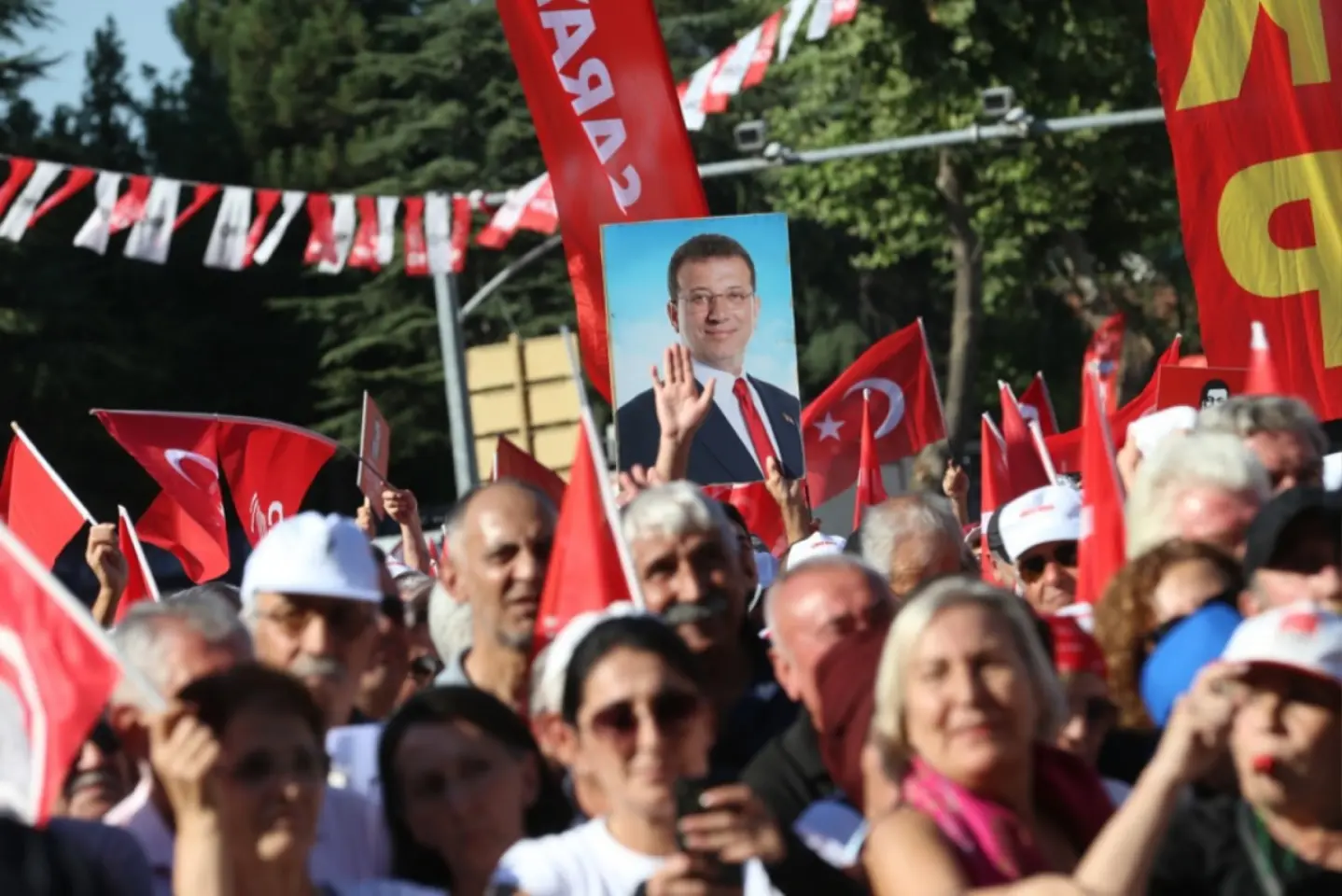
The campaign of arrests and court cases targeting Turkey's main opposition parties underscores the country's slide toward authoritarianism, a trend that has become increasingly clear over the past decade.
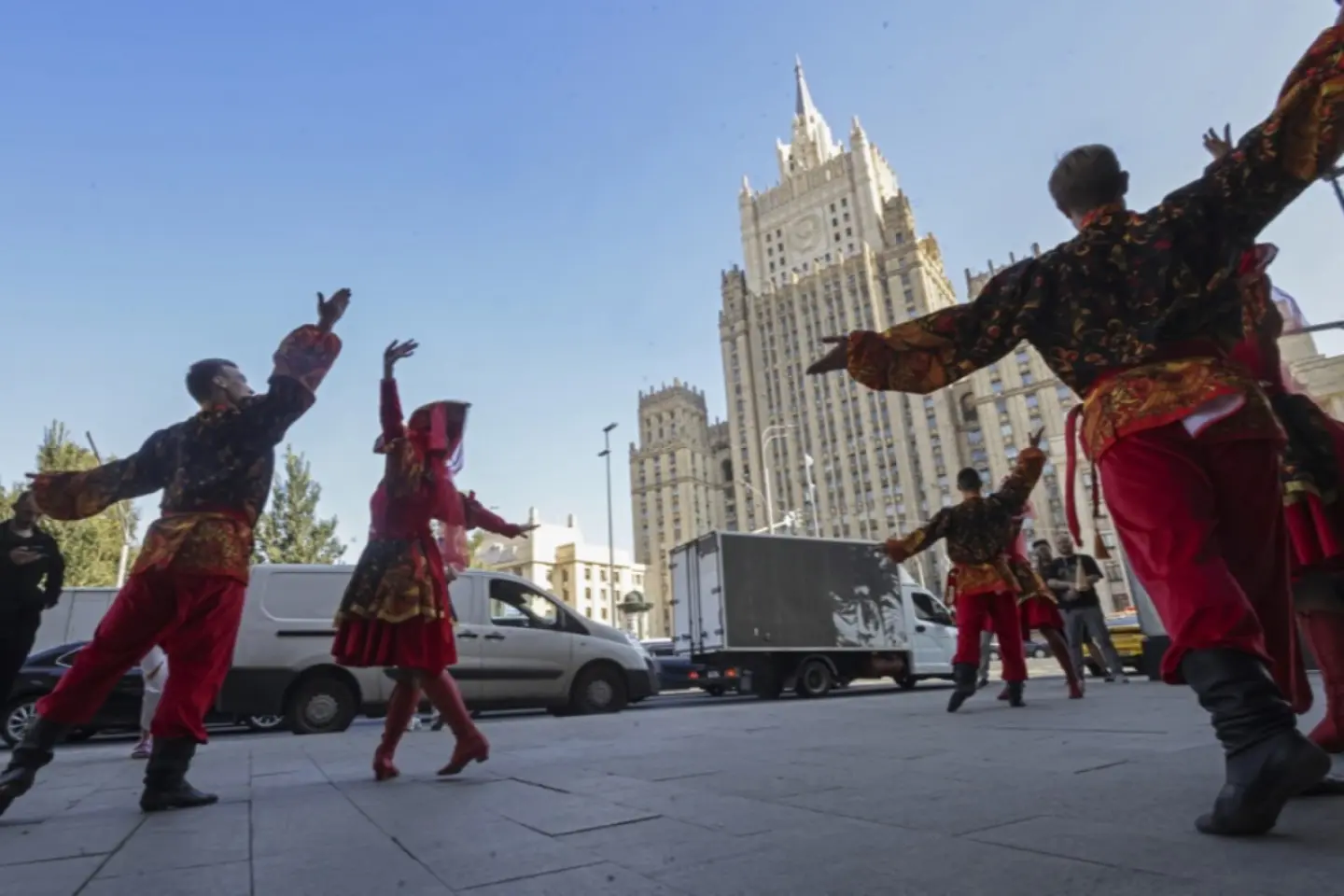
Newly leaked internal documents, made public after the exposure of Russian activists’ data, once again reveal the scale of financial flows directed at promoting pro-Russian ideas – in this case, in Moldova. The leaked documents highlight the key channels of financing, the structure of spending, and their potential Russian influence on public opinion abroad.
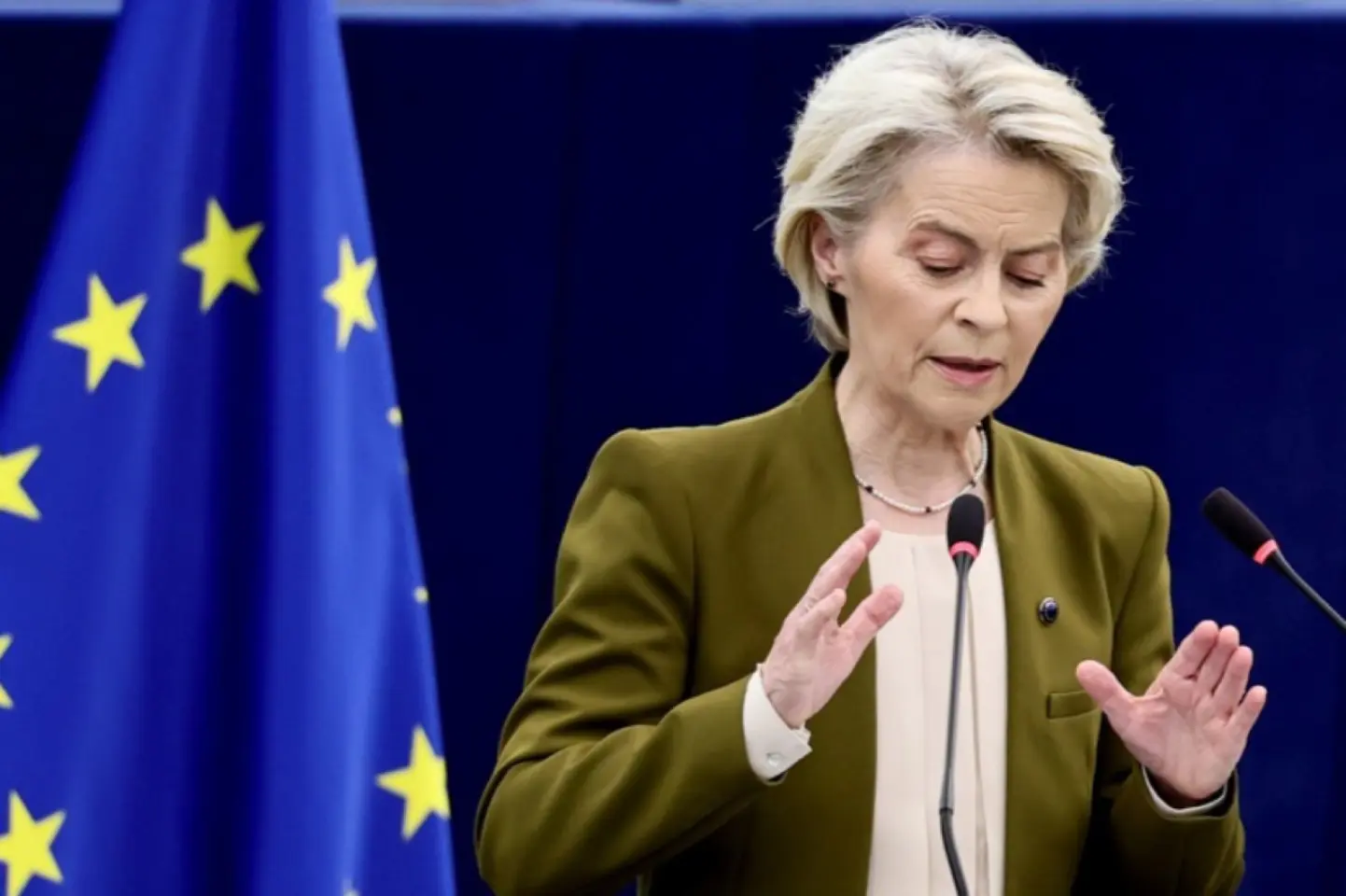
The European approach based on rules, deliberation and consensus seems ineffective in a world affected by multiple crises, with numerous actors refusing to play by the book. It is a world in which Brussels must (re)gain its relevance.
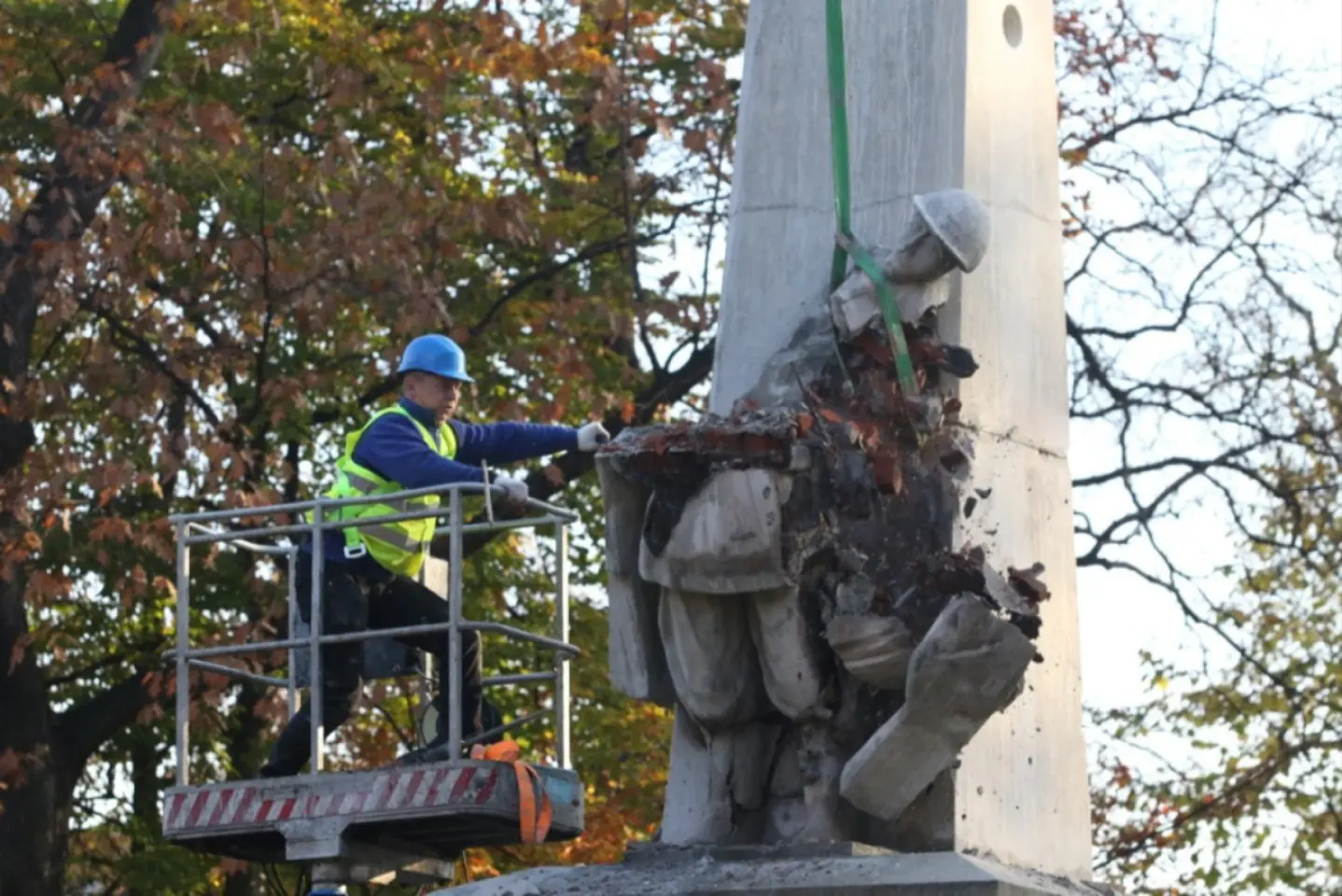
After the collapse of communist regimes in the early 1990s, the nations of Central and Eastern Europe faced a pivotal choice: embrace Western-style democracy and market economics, or remain in the post-Soviet sphere. Today, more than three decades on, the results of that choice are stark.
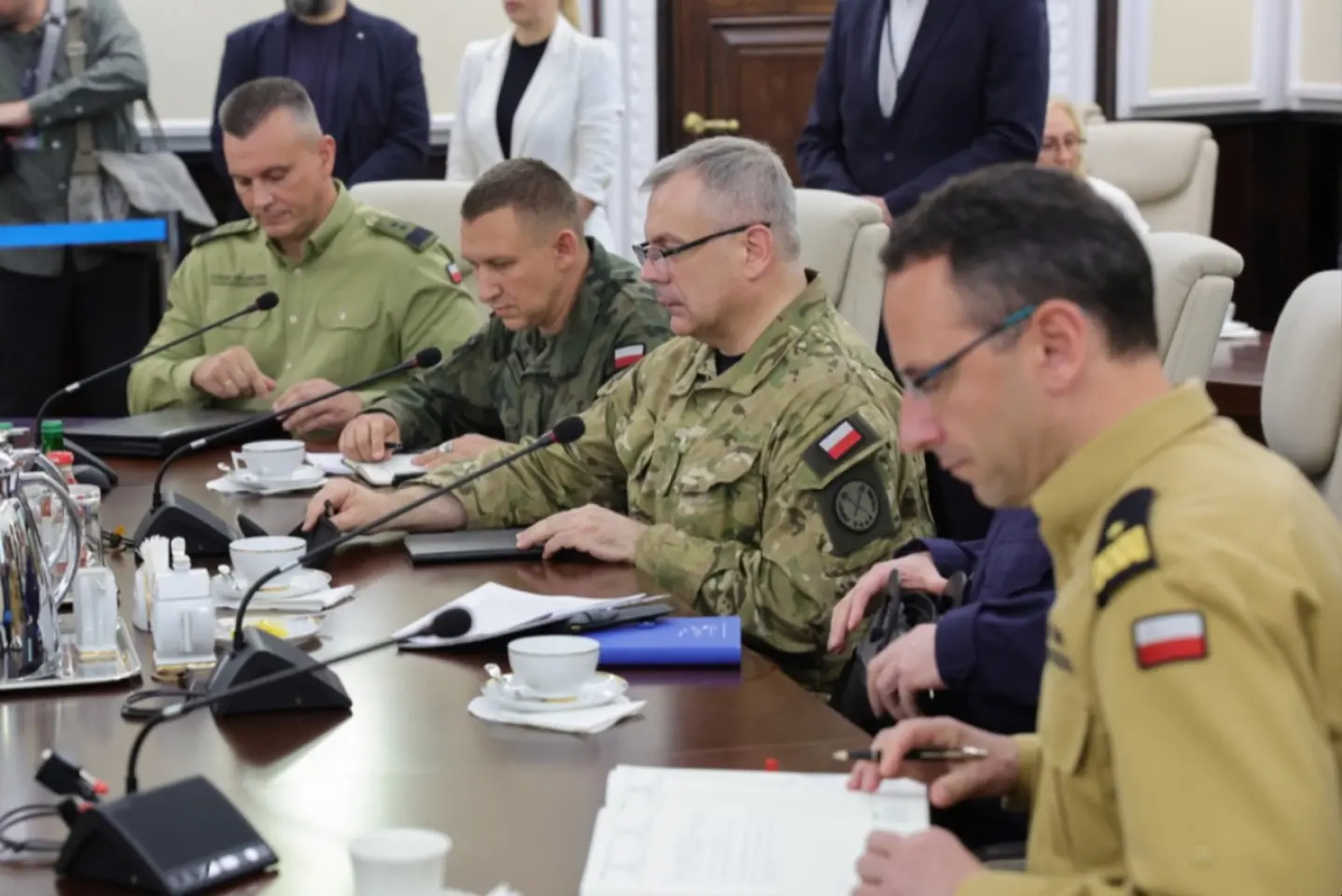
On Tuesday night, Poland’s airspace came under pressure from Russian drones in what experts call the most serious incident since the start of the war in Ukraine. The military responded, the government convened emergency meetings, and allies expressed support—but the question remains: what will the West do next?

More than three decades after the Soviet collapse, the three Baltic nations stand as prosperous democracies firmly anchored in Europe, while neighboring Belarus and Moldova still in Moscow’s orbit to varying degrees. The contrast, though sometimes clouded by nostalgia and disinformation, is stark.

The gap between Russia and the European Union in living standards, wages, and the rule of law seems obvious at first glance. Yet, in today’s world of populism and increasingly sophisticated propaganda, even such basic truths require careful restatement.
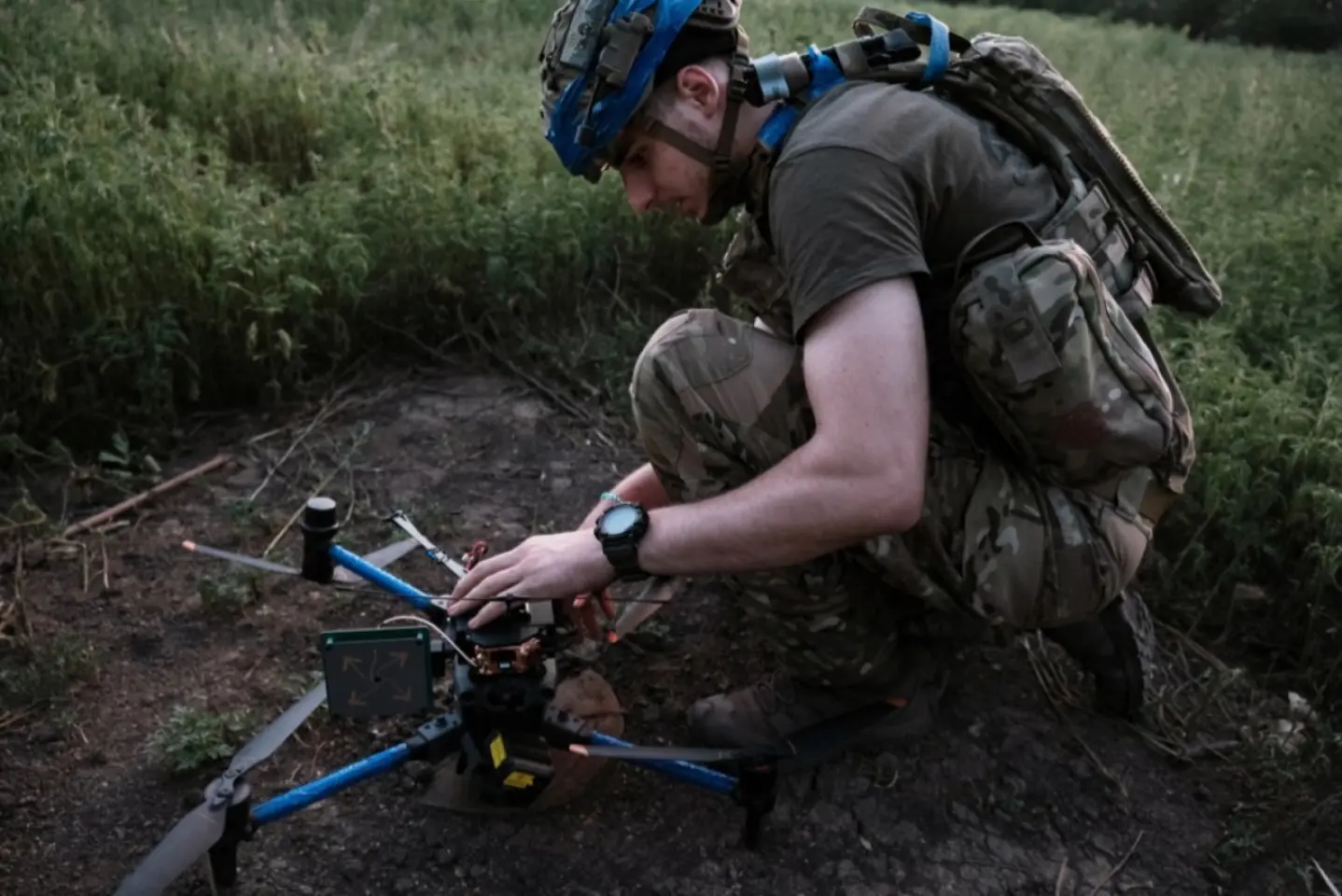
The war in Ukraine has shown that modern warfare is impossible without the involvement of drones.

The tragedy in Gaza is forcing the EU, the supporter of a world order based on the morality of international relations, to rethink its policy towards the Middle East.

The networks, platforms, and services that once promised convenience and openness are now increasingly shaped by state control, geopolitical isolation, and the exodus of skilled talent.
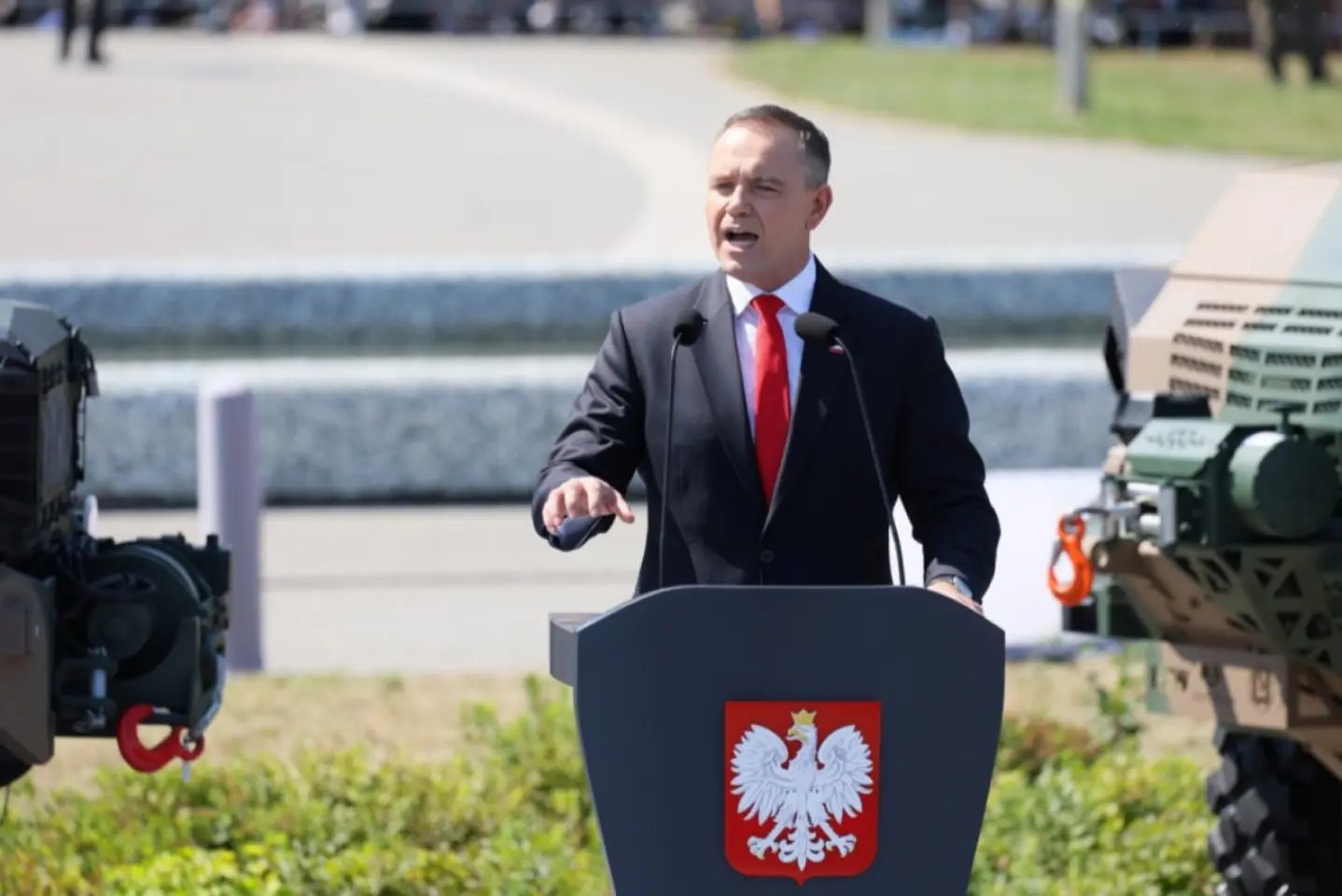
Nawrocki’s first statements and acts after he became president suggest that, rather than serving as a ceremonial head of state, he would attempt to establish himself as an alternative center of political power.

While under hybrid assault from Moscow, the Republic of Moldova is preparing for legislative elections that, like other elections in the past, are considered "crucial." The election will take place in a context where pro-Europeans are declining in popularity and the pro-Russian opposition is gaining strength.

Drones straying over Eastern Europe show that the War in Ukraine is no longer a distant spectacle

The migrant crisis, part of the hybrid war waged raged by Belarus (and Russia) against the EU.

The protests that took place in Ukraine in July, despite the war, show that the fight against corruption, which is vital for maintaining the European path, remains one of Ukrainians’ key aspirations.

Pro-Western protesters are once again taking it to the streets in Bulgaria, targeting the ruling-GERB establishment. Is this a resurgence of the opposition, or its swam song?

For many years, political loyalty to Putin bought access to wealth, security, and impunity. The war shed these privileges, and those who have fallen from grace can no longer even flee into exile.

Is EU’s top diplomat, Kaja Kallas, trying to punch above her weight?

There are at least two types of causes. The first is related to Romania's structural deficiencies, making institutions act more or less the same, regardless of the source of the danger, be it internal or external. The second, the easiest to deal with, stems from the specific nature of the relationship with Russia, the country from which the greatest threat to Romanian democracy comes today.

From the Caucasus to Central Asia and the Baltics, former allies are distancing themselves from Moscow’s orbit, forging new partnerships, and openly challenging the assumptions that once underpinned Russia’s dominance.

As the war in Ukraine drags into its third year, a critical question grows increasingly urgent: how will Russia reintegrate the ever increasing number of citizens who return from the front lines or who have become economically dependent on the war effort?

Ceban, banned in Romania, has made anti-EU statements and worked with the pro-Russian leaders Vladimir Voronin and Igor Dodon. He now wants to be the leader of the pro-European opposition, but there are suspicions that he prefers Moscow.
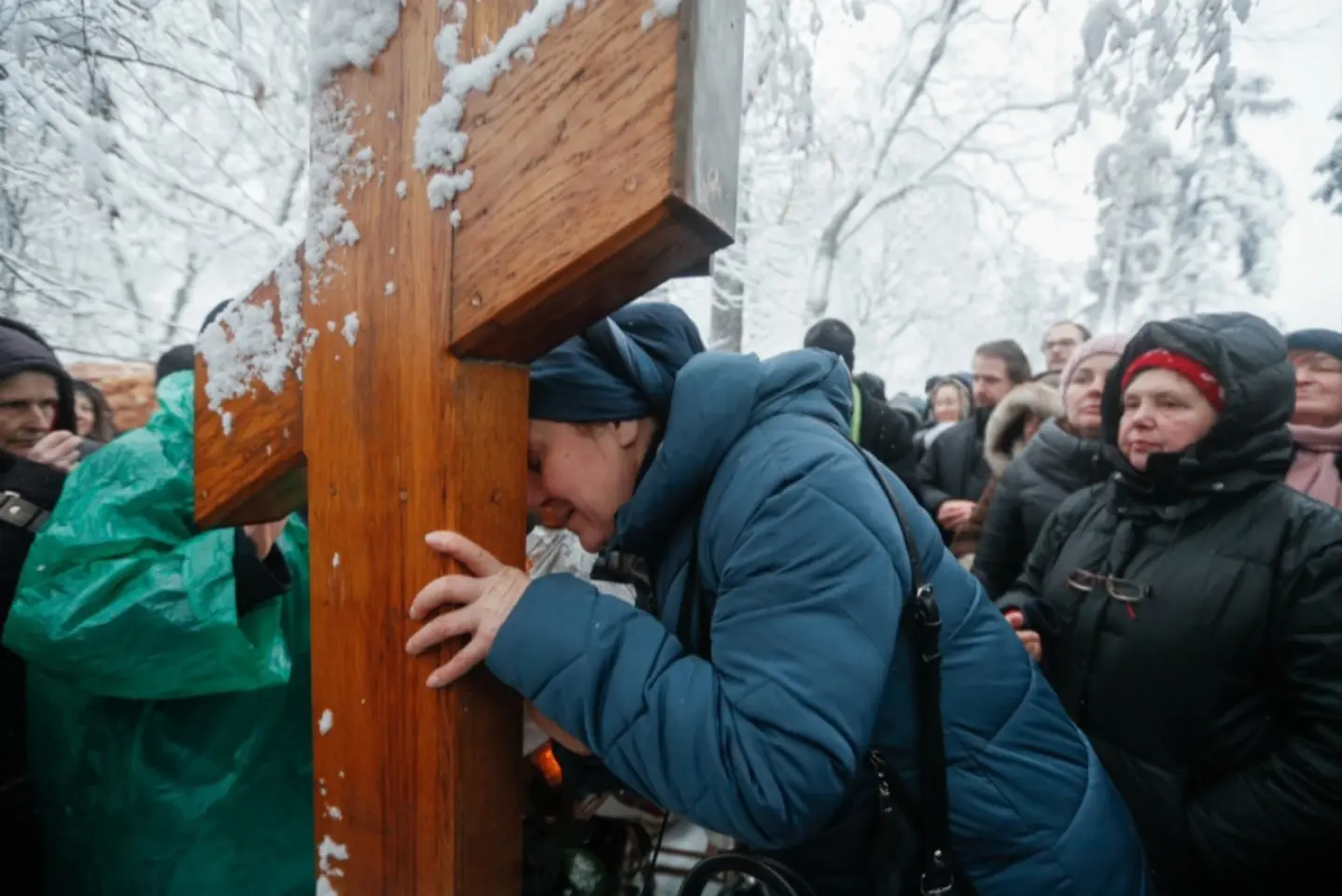
In Ukraine, the autocephalous church and the Moscow-affiliated church are disputing Romanian parishes. Parishioners, hooligans, (pro-)Russian propaganda, Ukrainian authorities, and Romanian sovereignists have become involved in the conflict.
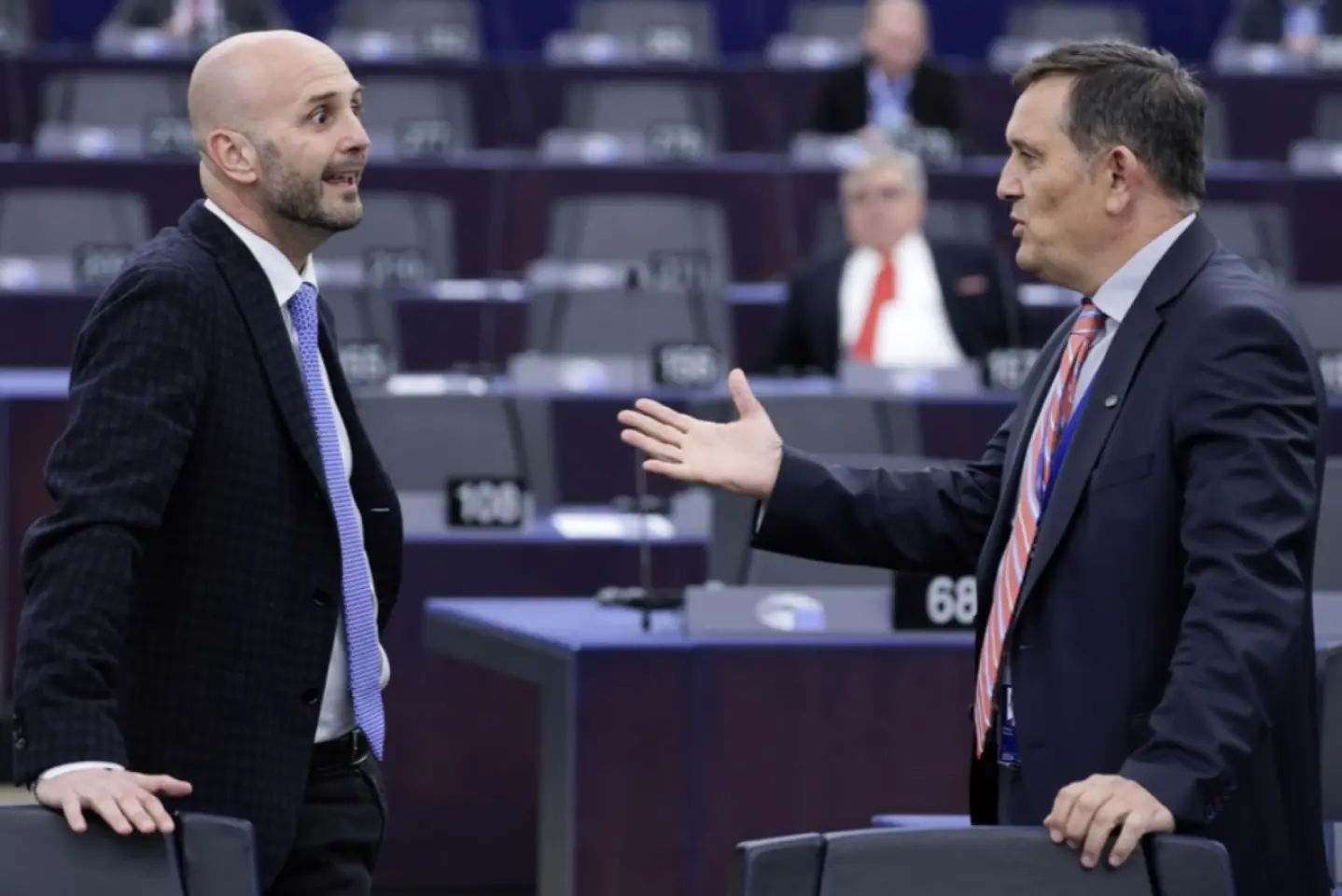
The no-confidence vote against the Commission has no chance of passing, but following the efforts of conspiracist and lawyer Gheorghe Piperea, von der Leyen will now have to answer the questions of MEPs.
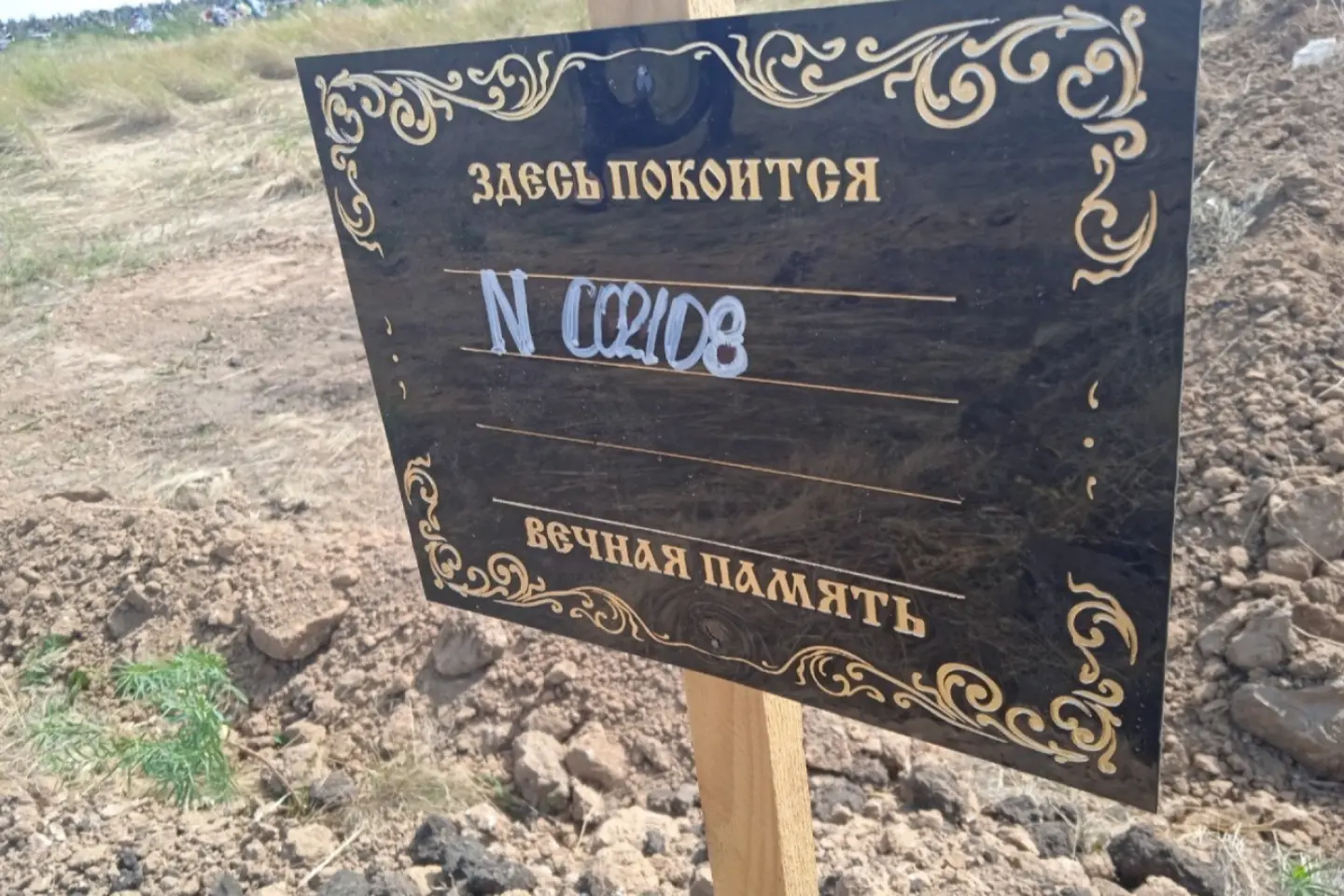
Teenagers and young men in the Russian-occupied territories have been killed or handed long prison sentences for expressing their support for Ukraine. Ukrainian journalists Inna Kubai and Victoria Novikova have documented* several of these cases, which Veridica brings to your attention.
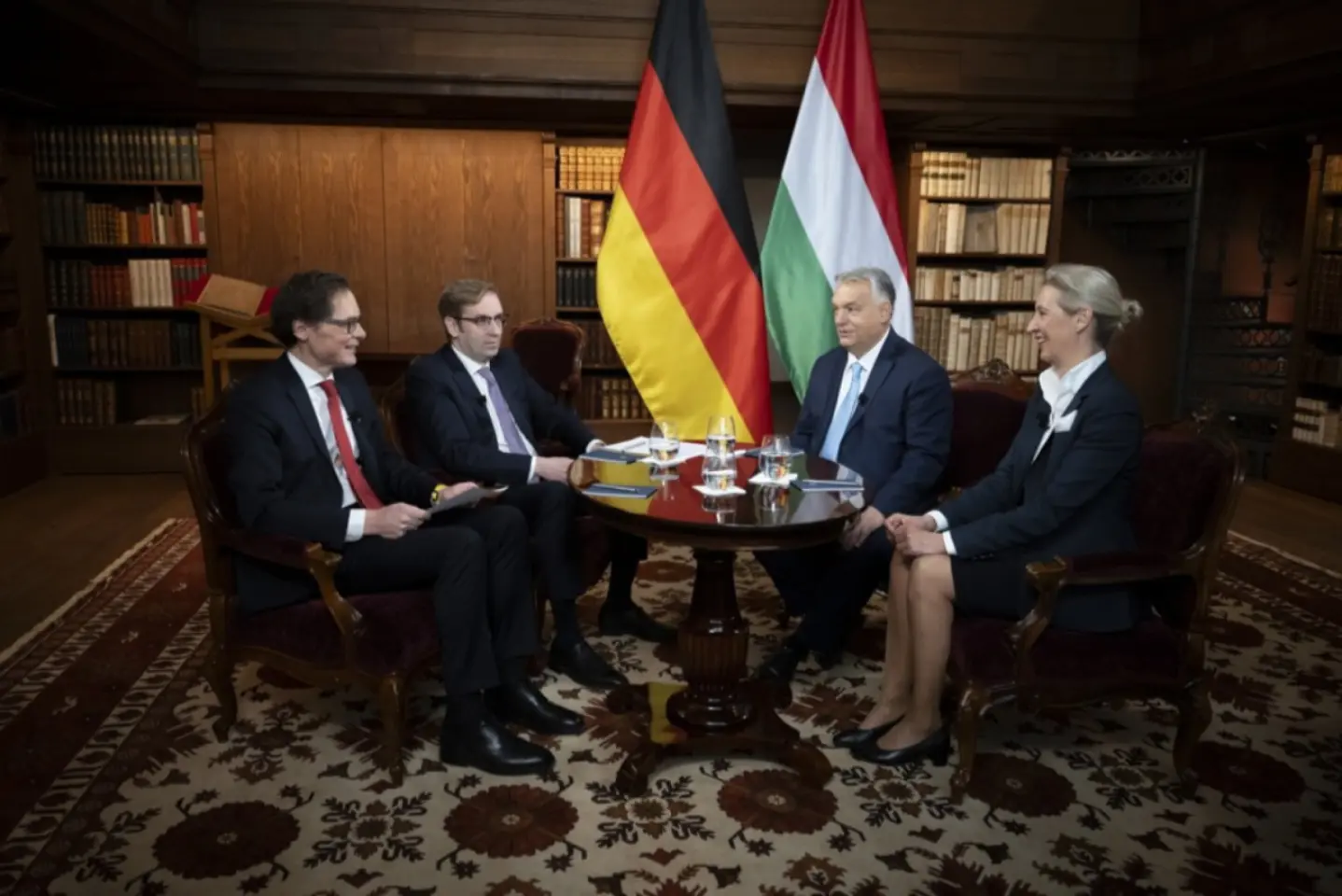
Viktor Orbán's ideology is promoted in Brussels at events organized by Mathias Corvinus Collegium, a university generously funded by the Budapest government.
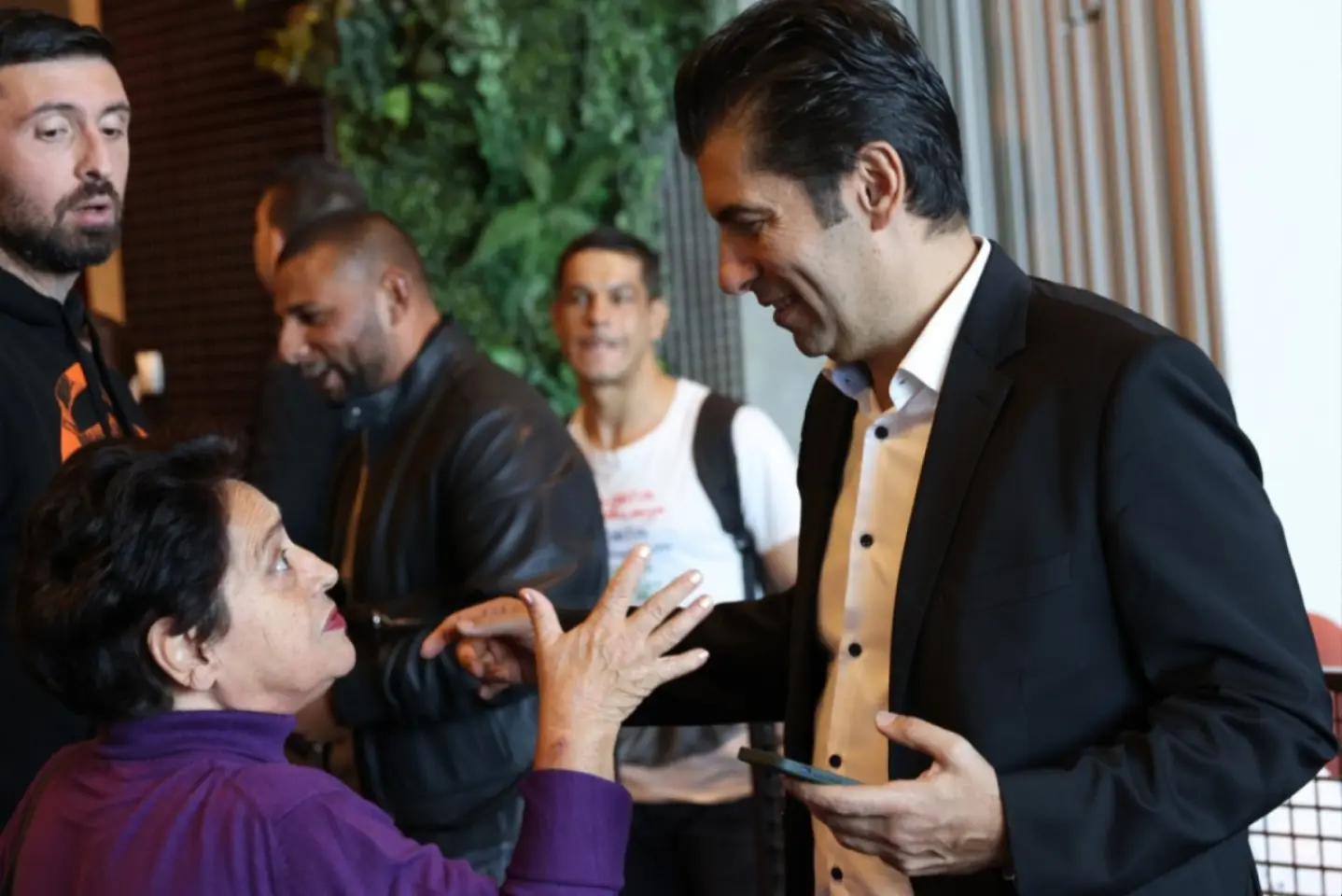
A corruption scandal is threatening to throw into irrelevance Bulgaria’s main pro-European reformist party. If that happens, the pro-Russians extremists would become the only alternative to the current ruling coalition.
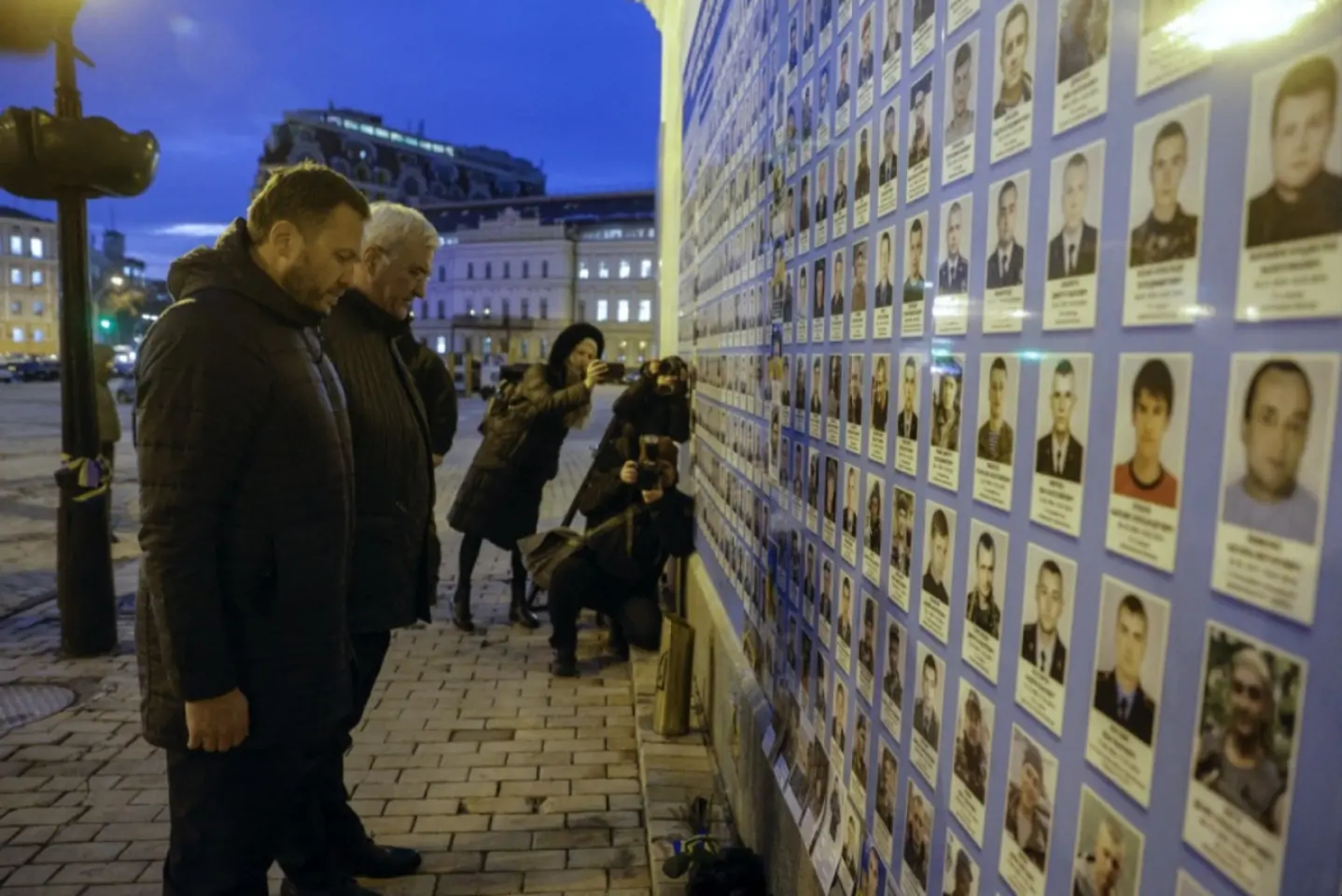
A study commissioned by the Estonian Ministry of Foreign Affairs in the spring revealed that the views of Estonian and Russian-speaking residents diverge significantly on most key issues of Estonia's foreign policy.
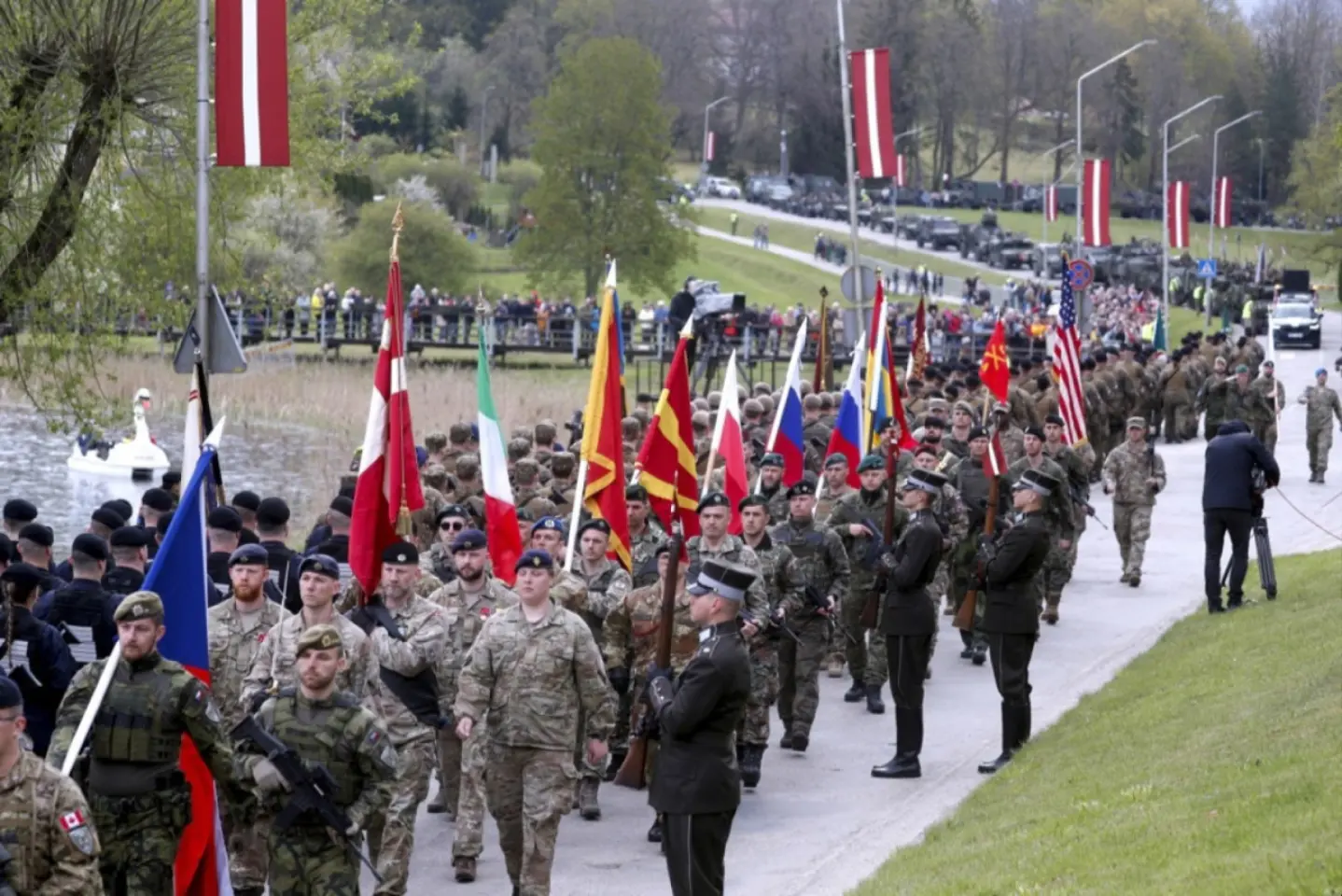
Given the vulnerability of the Baltic states to a Russian attack, there are growing calls that they should have a common defense, in order to more effectively supplement NATO’s assistance.
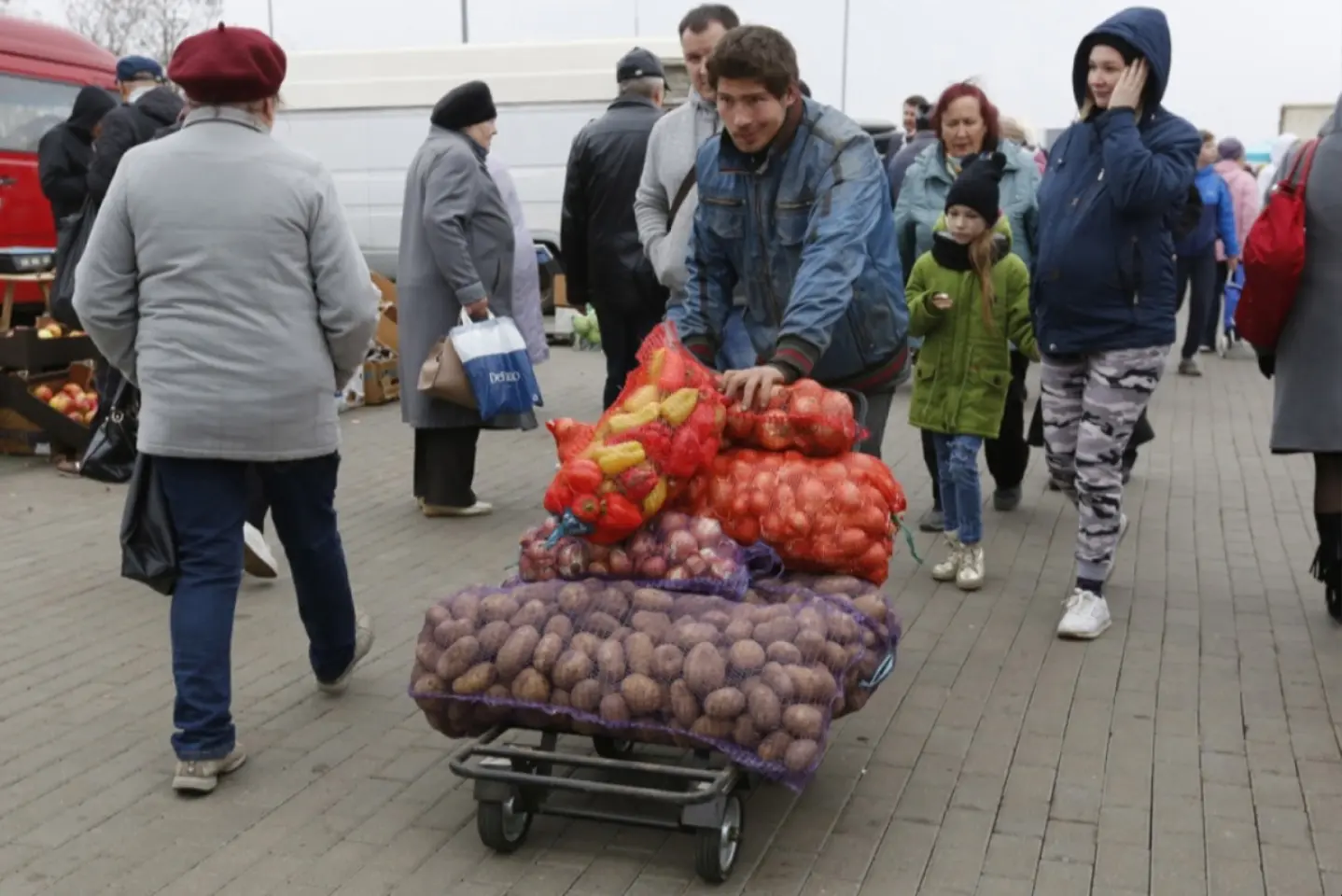
A crisis in potatoes, which are a staple food in Belarus, is showing the failure of the economic model imposed by dictator Aleksandr Lukashenko.

For many it is a coping mechanism, in some cases it reflects newfound war-related income, in others a switch away from big spending.